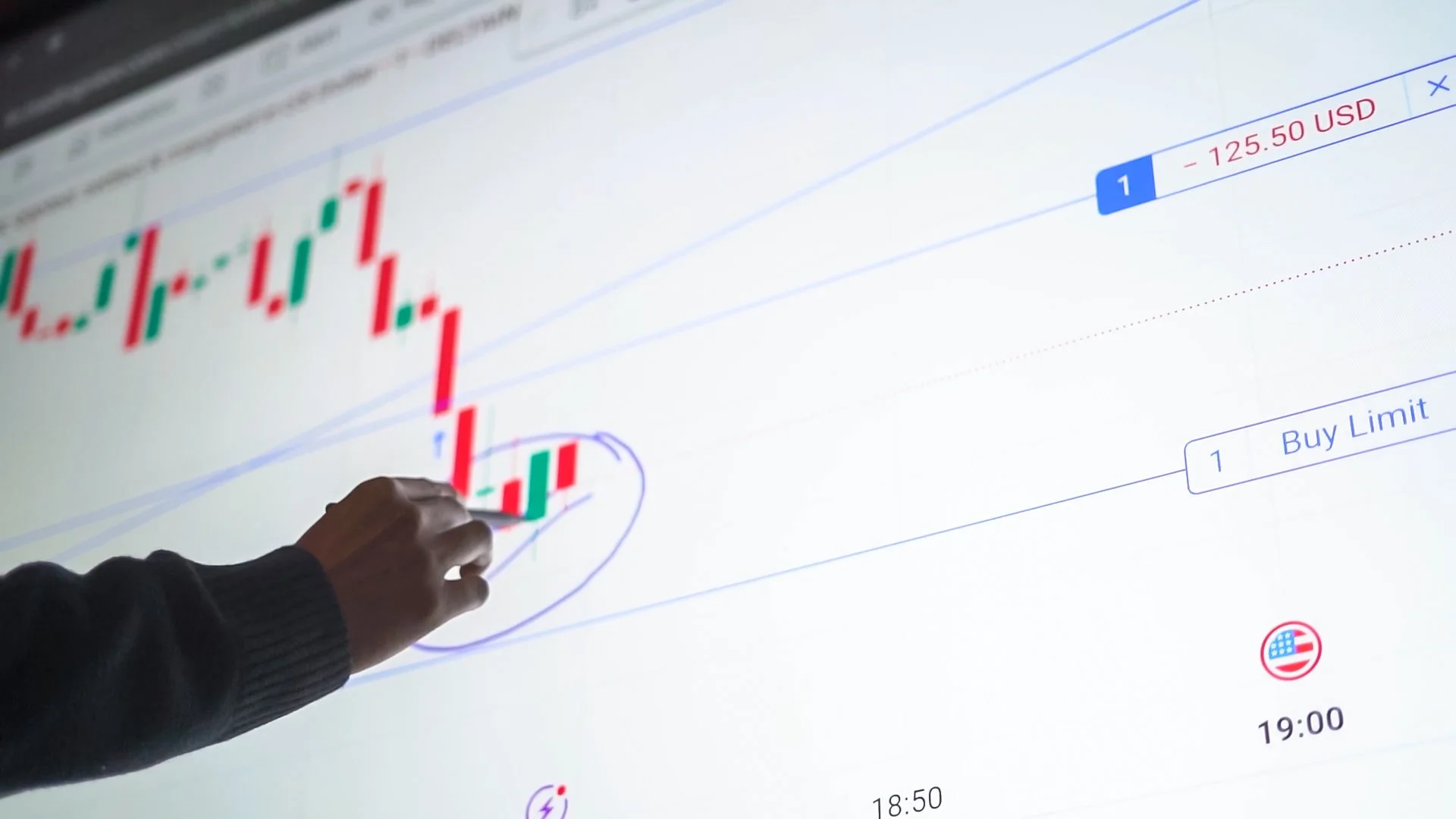The Trader’s Mindset: Turning Losses into Lessons
Every trader dreams of consistent profits — but the truth is, every successful Forex trader has also faced their fair share of losses.
In fact, what separates a winning trader from a losing one isn’t luck or fancy indicators — it’s mindset.
Losses aren’t failures; they’re feedback.
And if you learn to see them that way, they become your greatest teachers.
This is the philosophy behind Global Markets Eruditio (GME Academy), where traders are taught to understand not just the market, but themselves — because psychology often determines success more than strategy.

Understanding Why Traders Lose
Before we can turn losses into lessons, we have to understand why losses happen.
In Forex trading, most traders lose not because they misread the chart, but because they mismanaged emotion.
Here are some of the most common mindset traps:
Revenge trading – entering a new trade immediately after a loss to “win it back.”
Overconfidence – increasing trade size after a few wins, assuming the streak will continue.
Fear of missing out (FOMO) – jumping into trades late because everyone else is doing it.
Attachment to being right – refusing to close losing positions because it feels like admitting defeat.
These reactions are natural — but they’re deadly to your trading balance.
Professional traders don’t avoid emotion; they learn to regulate it.
Lesson #1: Detach Your Identity from the Trade
The biggest mistake many beginners make is equating their self-worth with their trade results.
When you lose, you feel like you failed. When you win, you feel invincible.
That emotional rollercoaster is exhausting — and dangerous.
A trade doesn’t define you. It’s simply a data point.
Think of every trade as an experiment: you had a hypothesis, tested it, and got results.
That’s it.
Once you start seeing each outcome as information, not judgment, your emotional control improves dramatically.
Lesson #2: Review, Don’t Regret
Great traders keep a trading journal — not just of wins and losses, but of decisions.
After every session, ask yourself:
What was my trade setup?
Did I follow my plan or act impulsively?
What emotion did I feel before I entered the trade?
Would I make the same decision again under the same conditions?
This reflective process helps you spot patterns in your behavior —
and once you know your patterns, you can change them.
Many traders at GME Academy report that journaling transformed their results more than any technical strategy they learned.
Lesson #3: Accept Risk Before You Click
If you feel anxious after opening a position, it means you risked too much.
Professional traders decide how much they’re willing to lose before entering the trade.
This is why risk management and psychology go hand in hand.
Your trade should never keep you awake at night.
A calm mind makes clear decisions.
A stressed mind chases emotions.
Remember: in Forex, preservation of capital is the foundation of longevity.
You can always trade another day — if you still have funds to trade.
Lesson #4: Reframe Failure as Data
Every market loss is a signal — not that you’re bad at trading, but that something in your system needs refinement.
It could be:
Your timing
Your entry criteria
Your risk-to-reward ratio
Or even your mindset that day
Reframing losses in this way turns frustration into fuel.
That’s how elite traders grow faster — they’re data-driven, not ego-driven.
The Path to Trading Maturity
Developing a professional trader’s mindset is not an overnight task.
It takes time, self-awareness, and the humility to learn — even from mistakes.
At Global Markets Eruditio (GME Academy), traders are trained to build discipline through structure, not emotion — combining technical skill with emotional intelligence.
You’ll learn how to master the art of patience, probability, and process.
When you stop seeing losses as defeat and start seeing them as tuition for mastery, you’ve already crossed the threshold from beginner to professional.
Master the Mind, Master the Market
In the end, trading is not about predicting the market — it’s about managing yourself.
Markets are unpredictable; your mindset doesn’t have to be.
Every loss carries a lesson. Every trade teaches discipline.
And every trader who learns from pain grows stronger.
So the next time a trade doesn’t go your way, don’t despair — take notes.
Because every setback is a setup for your comeback.
Ready to Trade Smarter?
Join our FREE Forex Workshop with GME Academy (Global Markets Eruditio) and learn how to trade with clarity, confidence, and control.
Transform your mindset — and your results — starting today.

